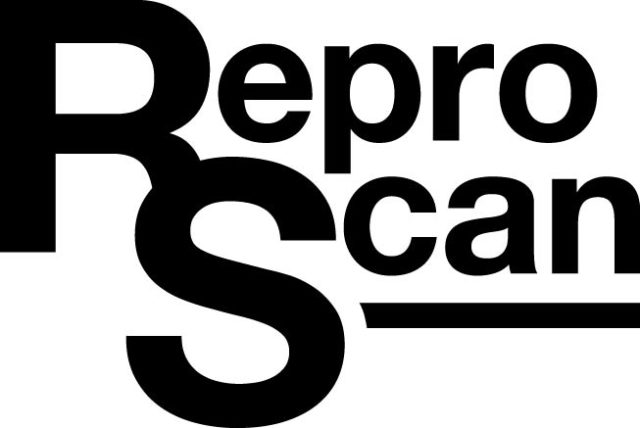Bovine tuberculosis (TB) has been diagnosed in a white-tailed deer in Franklin County, Indiana. This marks the first time the disease (more formally known as Mycobacterium bovis) has been found in a wild animal in Indiana. This finding means significant changes in disease monitoring requirements for cattle owners and deer hunters in the area.
The Indiana State Board of Animal Health (BOAH) has been working with the Indiana Department of Natural Resources (DNR) to test wildlife on a Franklin County cattle farm where TB was diagnosed in April. The 2-year-old doe that tested positive for TB was culled as part of the surveillance effort on the cattle farm.
Under federal requirements, finding TB in a free-ranging wild animal means testing of all cattle must expand from 3 miles to 10 miles and surveillance in hunter-harvested deer will intensify.
For cattle owners in Franklin County and portions of some adjoining counties, BOAH staff will be reaching out to determine if cattle in the 10-mile circle are test-eligible and, if so, schedule herd testing. BOAH’s premises registration program has approximately 400 farms registered in the 10-mile testing zone.
For deer hunters in the region, that means whitetails harvested in a specific zone must be sampled for laboratory testing. DNR will be providing more information to hunters in the coming weeks.
“This is an enormous undertaking that cannot be completed overnight,” said the Indiana state veterinarian, Bret D. Marsh. “Farmers and hunters in this area have been extremely cooperative and supportive of our efforts over the years. We need their help now more than ever as we widen our surveillance efforts. If this disease is out there – either on farms or in the wild – we need to find it. Our status as a TB-free state is critical to our growing and thriving cattle and dairy industries in this state.”
Indiana has officially held a bovine TB-free status since 1984 with the USDA. Under federal guidelines, that status remains. BOAH has found four individual cases of TB in three cattle herds and a cervid farm in this region between 2008 and 2016.
More information about the disease and the investigation, as it develops, will be available on the BOAH website. Site visitors may subscribe to email updates about the current TB situation by visiting the webpage. ![]()
—From Indiana Board of Animal Health news release








